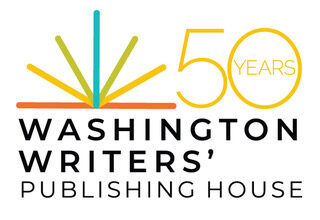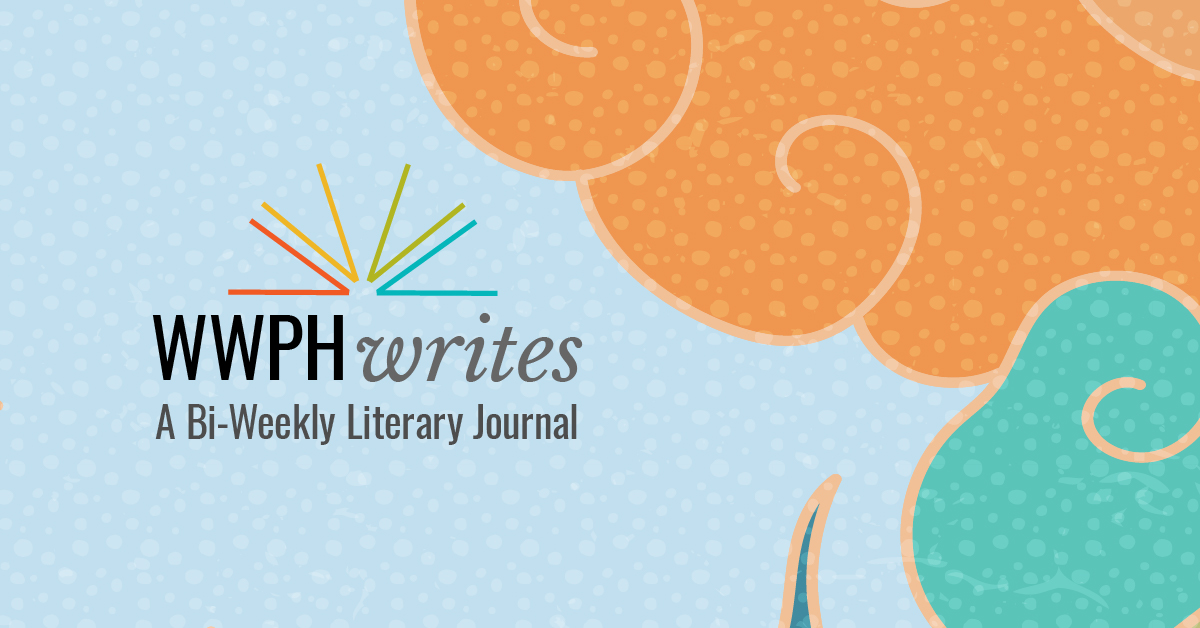WWPH Writes: Issue # 17

Dedicated to Poetry & Fiction Writers in the DMV
Welcome to our first issue of 2022! We are featuring the fabulous finalists of our WWPH WRITES THE HOLIDAYS contest: poet Christopher Ankney and fiction writer Julia Tagliere. Congratulations again to our prize-winners Fran Abrams and Monica Rodman (find their work here in issue 16), and thank you to all who submitted. A reminder: WWPH WRITES is free to subscribe and submit; it’s our joy and mission to spotlight the writers of the DMV in our bi-weekly literary journal. Here’s to a happy, healthy, and creative 2022 for us all!
Caroline Bock & Jona Colson
Co-editors, WWPH Writes
WWPH Writes: Poetry
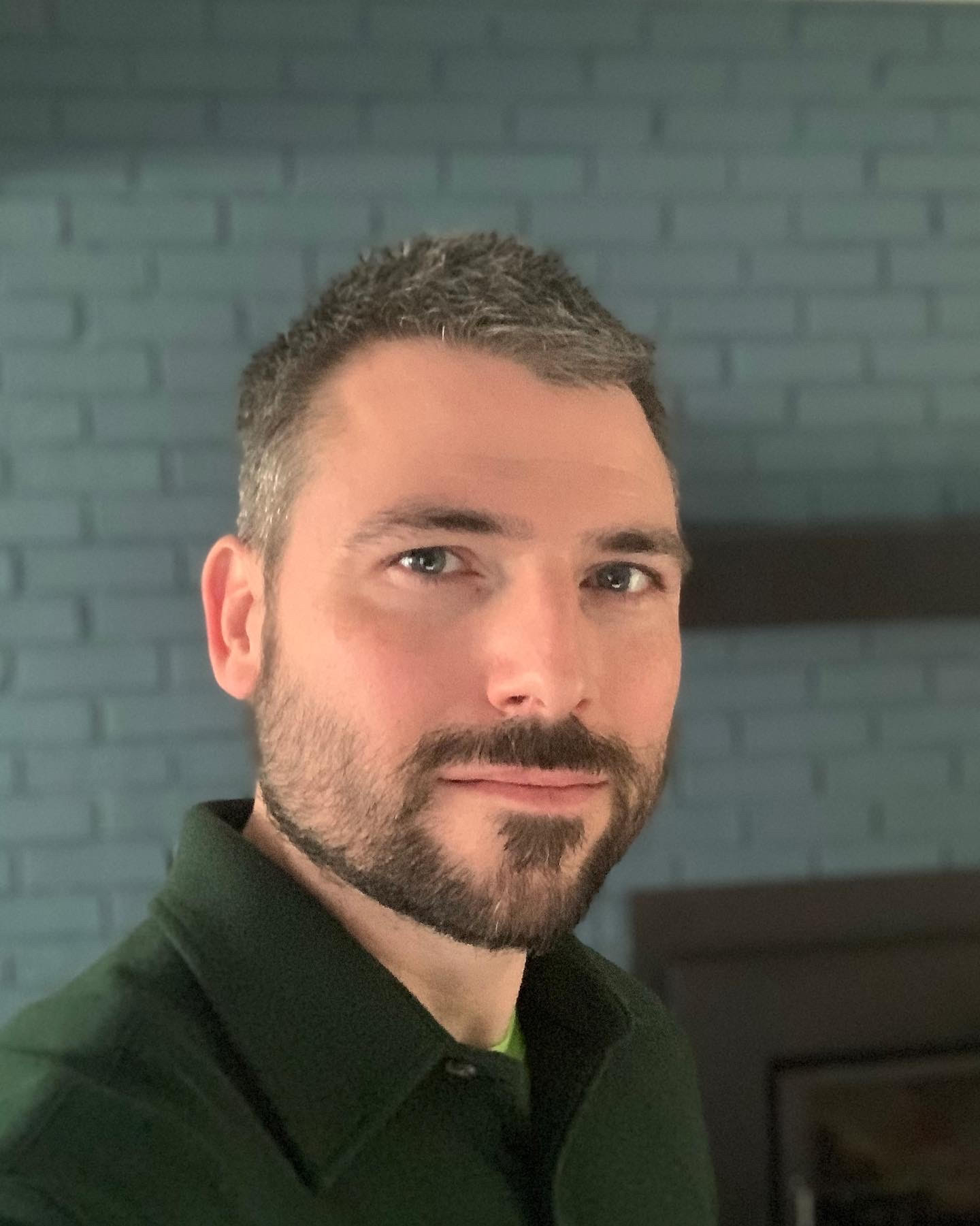
Christopher Ankney’s debut collection, Hearsay, won the 2014 Jean Feldman Prize, and was a finalist for the 2015 Ohioana Book Award for Poetry. His work most recently appeared at Boston Review and Fledgling Rag. His poems can be found in past issues of many journals, including Gulf Coast, Hayden’s Ferry, Prairie Schooner, and Tupelo Quarterly. He lives in Annapolis, Maryland, with his wife and two young sons; he is an Associate Professor of English at College of Southern Maryland.
Editor’s comment: I enjoy the delicate, yet robust lines of this poem. The use of familiar “tropes” of winter and how the poet surprises us with new images and atmosphere. This poem definitely has a “mind of winter” and celebrates imagination in the darker days of the year.
In The Dead Of Winter Tropes
We shut ourselves in shrinking rooms
and stare at the already dried paint.
We hear the walls shiver and gloss over
better days: we swam in azure waters
we could see the floor, giggling at sand
sharks scuttling like children dropping
crayons next to their wall art. Our babies stole
our bodies from those days, runway hips and abs
on the catamaran ran, ran, ran away.
Winter is not the last meal: the past tastes
lovely and alive in the naked fire,
we skinny dip around the hearth.
©Christopher Ankney 2022
WWPH Writes: Fiction
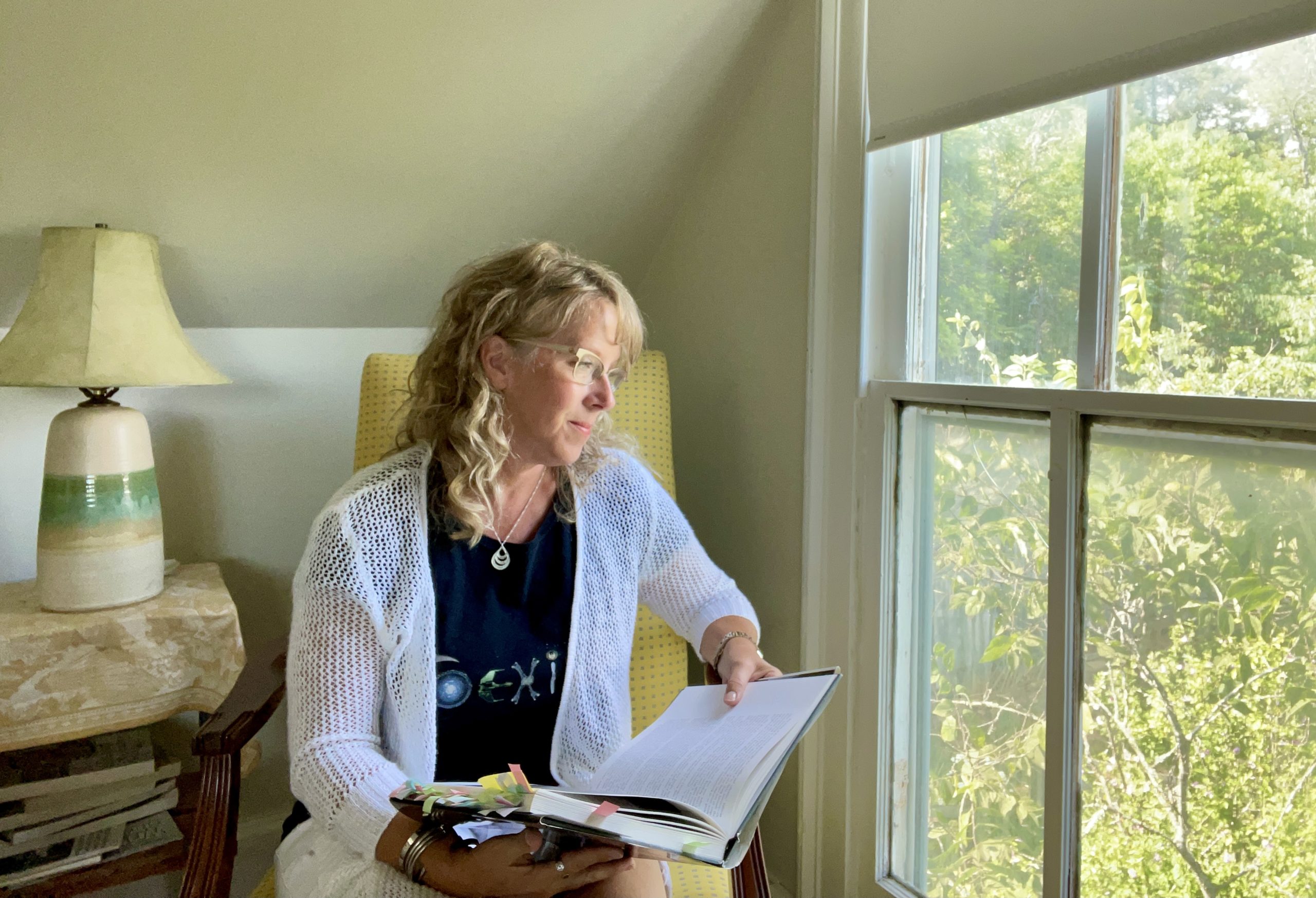
Julia Tagliere’s work has appeared in The Writer, Potomac Review, Gargoyle Magazine, Washington Independent Review of Books, and elsewhere. Winner of the 2015 William Faulkner Literary Competition for Best Short Story, the 2017 Writers Center Undiscovered Voices Fellowship, and the 2021 Nancy Zafris Short Story Fellowship, Julia completed her M.A. in Writing at Johns Hopkins University in Maryland, which she calls home, and serves as an editor with The Baltimore Review. In 2019, she founded the Montgomery County Underground Reading Series to promote the work of local writers.
Editor’s Comment
For this editor, the central image of this heart-rendering work, holding hands, resonates beyond the holidays. The last line, in its beautiful directness, haunts. Most of all, like the “The Gift of The Magi” by O. Henry prompt, this story succeeds at revealing the truths of one of our most intimate relationships.
Hold My Hand Until the Music Ends
Who is this man across the table from me?
If you’d told me before that night that someday my father would visit me in D.C. and we’d share a cozy, chatty lunch and a special holiday concert, just like a “normal” father and daughter, I’d have said you were out of your tree.
But Alzheimer’s changes things.
Dad and I never had a “normal” father-daughter relationship: my parents’ divorce, his subsequent emotional and geographical distance, and years of brutal arguments had led to near-total estrangement. He’d always fancied himself a real-estate developer and “antique collector,” blithely disregarding his utter lack of business acumen or reliable income and his stunning inability to distinguish a priceless treasure from a worthless piece of crap. By the time I reached adulthood, his natural knack for self-inflicted disaster had dragged him through multiple bankruptcies, lawsuits, and evictions.
He hit rock bottom five years ago when his lifetime of financial shenanigans finally caught up with him; his “collecting” had mutated into hoarding so extreme—the kind you see on television that’s so horrible in person it leaves your skin crawling for months afterward—that he was evicted from his apartment by public health order.
My siblings and I could have walked away at that point. We probably would have been just fine, but we didn’t. We cleaned up his mess and helped him start over, just as the early signs of his Alzheimer’s were beginning to show, and when the diagnosis came, we braced ourselves for the worst. Alzheimer’s steals so many things, but we’ve been lucky: it has left him his music—at least for now.
Dad is an organist and an undeniably gifted musician (another dream he’s always chased). Before the divorce, he would take us all to see Handel’s Messiah every December, some of my few happy childhood memories with him. As that Christmas neared, three years ago, he’d started mellowing a bit, so my sister suggested a visit, but I was still wary. I had no idea what to do with him; I decided to take him to Handel’s Messiah.
Lunch was pleasant enough, but as the music began, I stole bemused glances at him, wondering at the twists and turns that had brought us there together. When the “Hallelujah” chorus began, and the audience rose, as is traditional, I helped Dad to his feet. The thundering joy of the music moved me to tears, as it always had, even when I was a child, and I suddenly wanted to reach for his hand, but I held back, still unsure after so many years of him holding it just out of my reach.
For so many, Alzheimer’s is a slow, callous thief that robs families of their loved ones, but for my father, Alzheimer’s has instead, inconceivably, stolen away all the rage and harshness that pushed us away from each other for so long. But still, I couldn’t reach for his hand.
As the performance moved into its final act, an elderly woman in the seat in front of us started to moan, and I began watching her instead of the performers on the stage. Her moans increased in volume and intensity, and her companion, a younger woman I imagined was her daughter, leaned close. She loosened her mother’s collar, fanning her face with her hand, whispering comfort in her ear even as her own face grew fearful. When the older woman’s head suddenly lolled onto her daughter’s shoulder, I realized she was in a medical crisis. I tapped the daughter’s shoulder and said I was going for help. I rushed up the stairs to the lobby and called for the ushers. The music continued on stage, soaring. Dad and I watched the anxious ushers kneeling in the aisle beside the women, holding a garbage can while the older woman vomited, sprinting up and down the stairs in desperate silence, trying not to disrupt the performance, debating how best to get the stricken woman to the nearest door. After what felt like an eternity, a male patron behind us stepped forward, lifted the woman in his arms, and carried her out to a waiting ambulance.
After they left, I kept my eyes on the stage, afraid to look at my father. I wondered what he would do if I reached over and took his hand? Would he squeeze my fingers? Would he pull away? The “Amen” was beginning, so I knew there wasn’t much time left. I reached over and took his hand. He held mine tightly, until the music ended.
Alzheimer’s has changed things for us, yes, but I’m under no illusions that this slow, callous thief will be satisfied taking only my father’s rage. It will come, too, for the stories he’s begun to share now, after so many years of silence. It will come for the joy I feel when I hear his voice on the phone, asking me about my day, my husband, or my children, whose names already escape him. It will come for his music, too, and the feel of his hand in mine. And someday, I know he may ask me, “Who are you and what have you done with my daughter?”
I will have to remember for us both.
©Julia Tagliere 2022
WWPH Community News
WWPH Writes is the bi-weekly literary journal of The Washington Writers’ Publishing House, a nonprofit, 501c3, all-volunteer, cooperative press launched in 1975 by a group of DC area poets. You can now easily donate to WWPH and help us support and celebrate DMV writers via our new donation page. Interested in doing more? We are also looking for a sponsor to ‘name’ our annual Fiction Award (a multi-year but relatively modest commitment). Please email us at wwphpress @ gmail.com if you are interested in this once-in-a-lifetime gift!
Thinking of submitting to WWPH Writes? We are looking for poetry and fiction that celebrate, unsettle, and question our lives in the DC, Maryland, and Virginia area (DMV) and our nation. We seek work that is lyrical and dynamic, and we believe in cultivating a diverse and inclusive environment of content, form, risk, and experimentation. New perspectives and voices with craft and fierceness are strongly encouraged to submit. It’s FREE to submit, but you must live in the DMV. Please send us your best work–challenge us with your ideas and writing. We look forward to reading your poems and stories in 2022! Submit here.
HERE’S TO A HAPPY & HEALTHY & CREATIVE 2022 TO ALL OUR READERS!
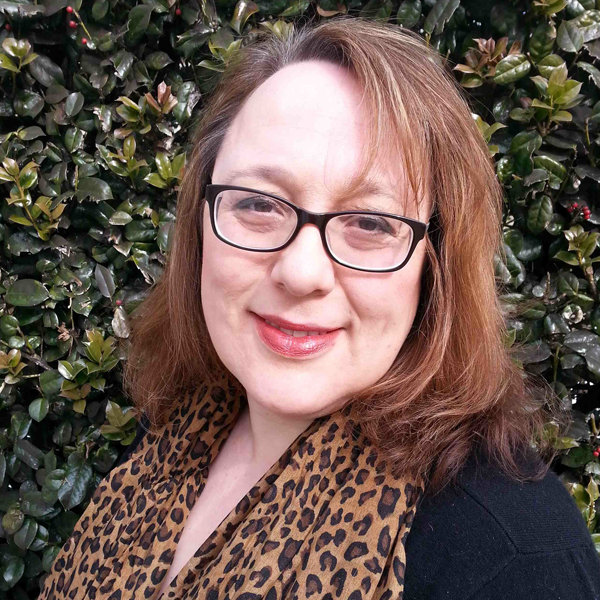
Caroline Bock
Fiction Editor, WWPH Writes
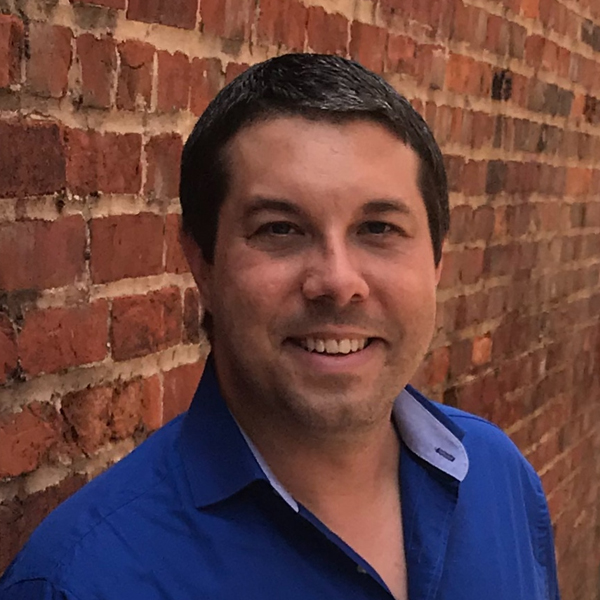
Jona Colson
Poetry Editor, WWPH Writes
